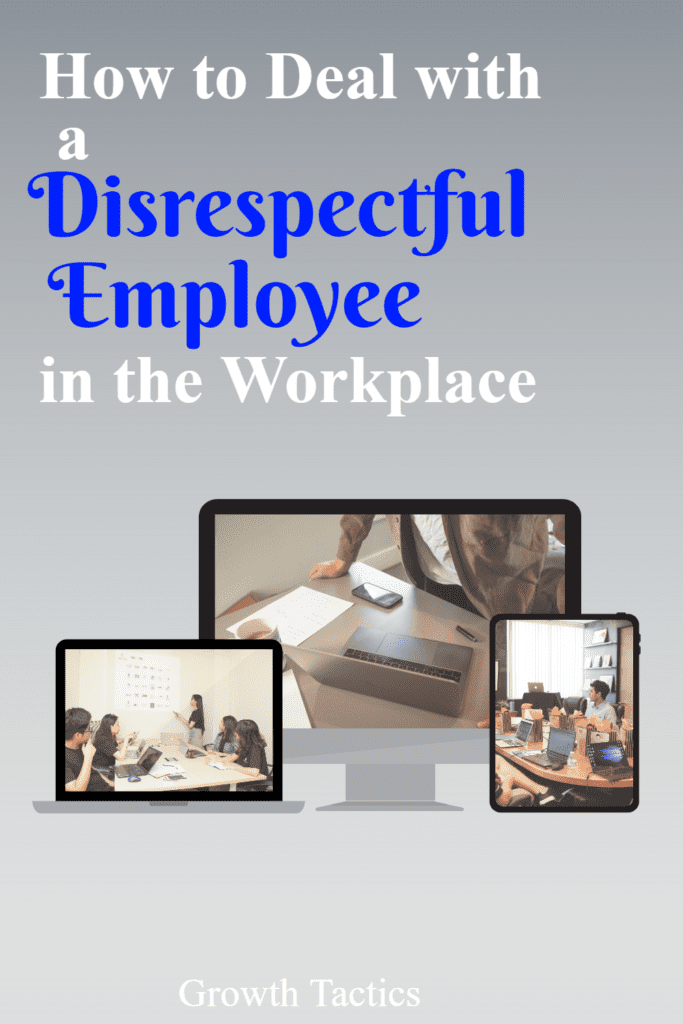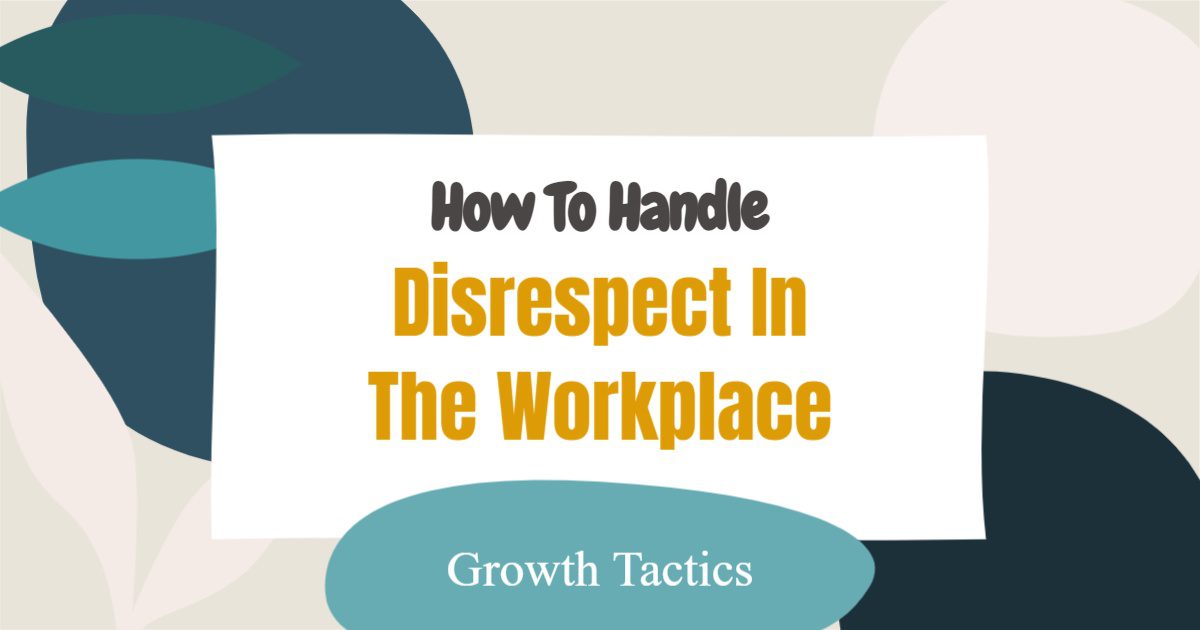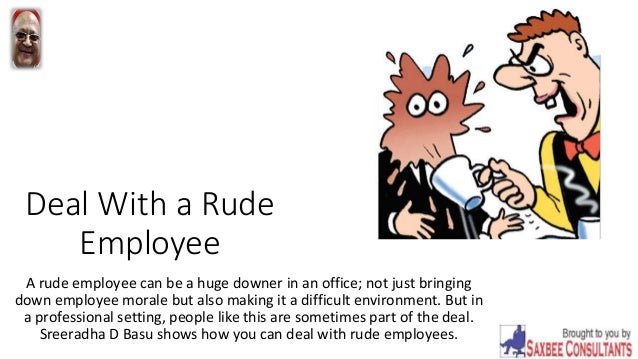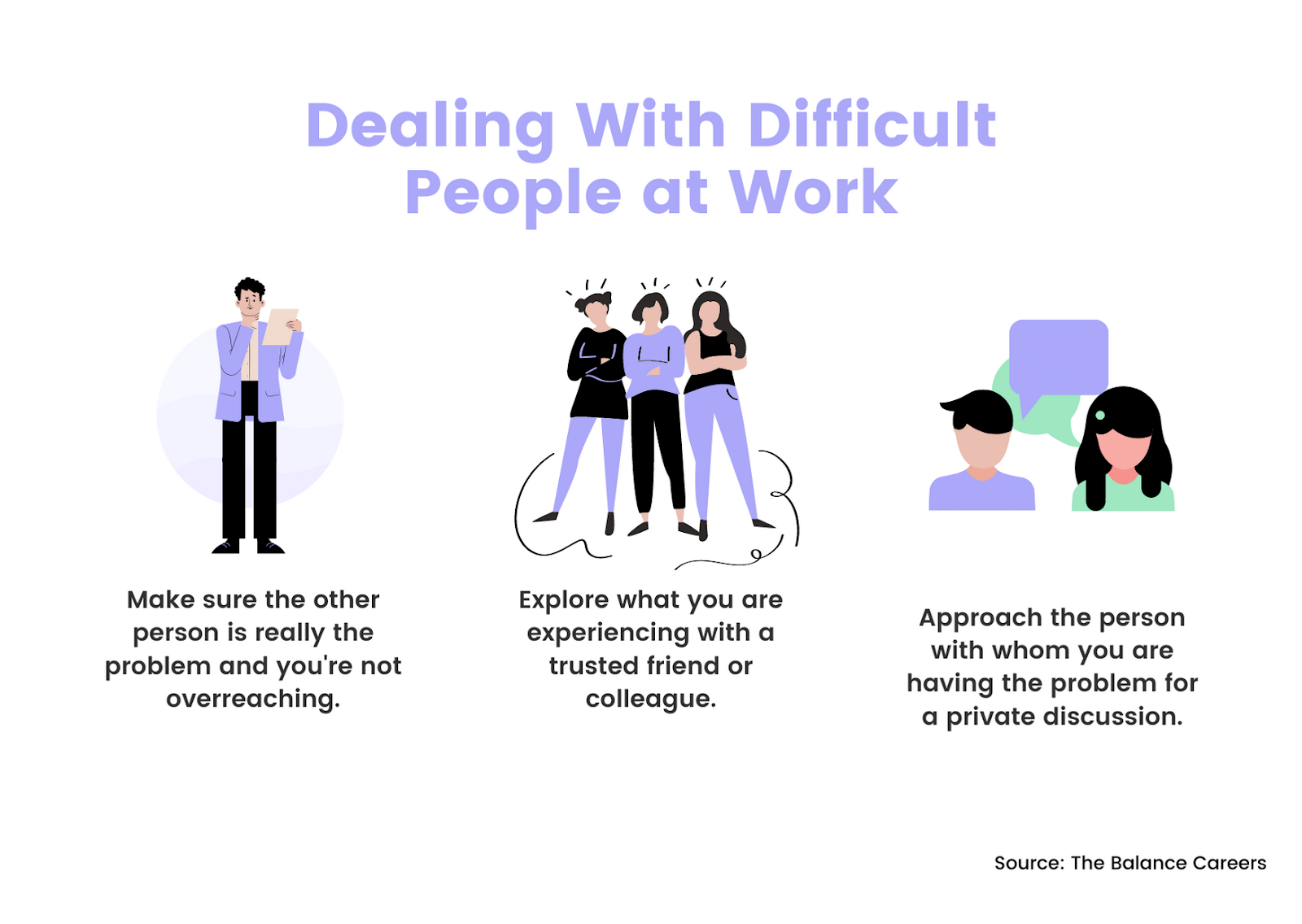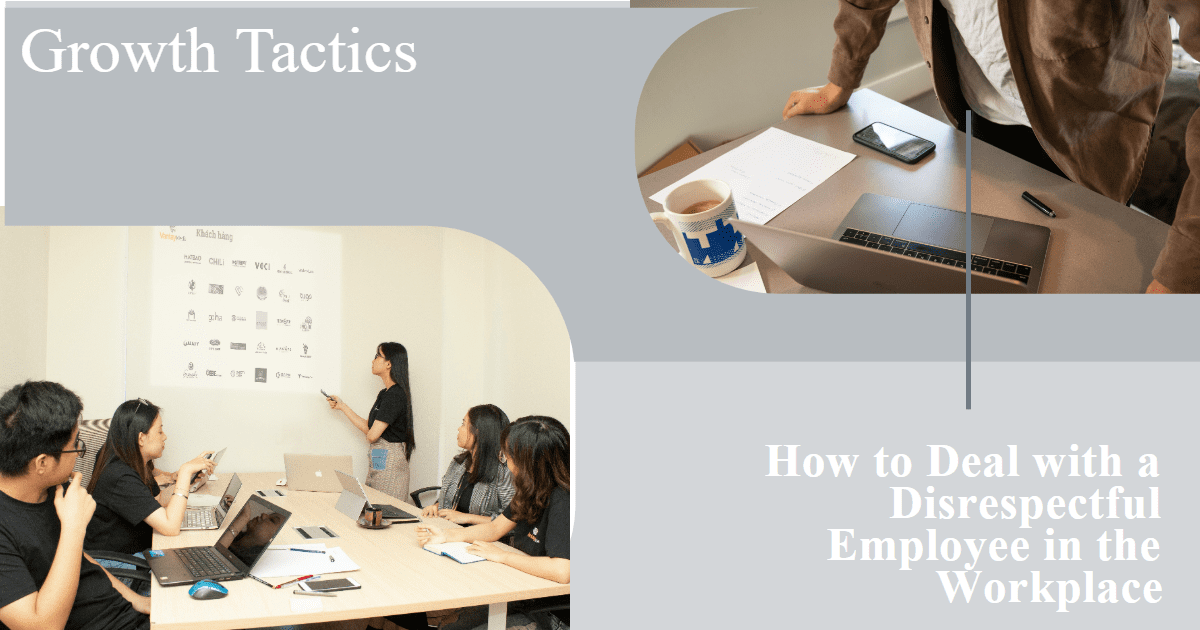How To Deal With A Staff Member Who Is Disrespectful

Disrespect in the workplace erodes morale, hinders productivity, and can even lead to legal repercussions. Left unchecked, a disrespectful staff member can poison team dynamics and create a toxic environment, impacting not only individual well-being but also the company's bottom line. Addressing this issue swiftly and effectively is crucial for maintaining a healthy and productive work environment.
The challenge for managers and HR professionals lies in navigating the complexities of disrespectful behavior. What constitutes disrespect? How do you address it without escalating the situation or creating further resentment? This article explores strategies for dealing with disrespectful staff members, drawing on expert advice and best practices to provide a roadmap for resolving these delicate situations.
Understanding Disrespectful Behavior
Disrespect manifests in various forms. These range from subtle microaggressions to outright insubordination. Some common examples include interrupting colleagues, dismissing their ideas, making belittling comments, spreading rumors, and consistently ignoring instructions.
According to a 2023 SHRM (Society for Human Resource Management) report on workplace incivility, disrespect, even in its less overt forms, can lead to increased stress, decreased job satisfaction, and higher employee turnover. The report emphasizes the importance of clearly defining acceptable and unacceptable behavior in company policies.
Identifying the Root Cause
Before taking action, it's essential to understand the underlying reasons for the disrespectful behavior. Is the employee struggling with personal issues that are affecting their work? Are they feeling undervalued or unheard? Is there a conflict with a colleague that needs to be addressed?
Sometimes, the behavior stems from a lack of awareness or understanding of professional norms. In other cases, it may be a sign of deeper dissatisfaction or resentment. A thorough investigation and open communication are key to identifying the root cause.
Strategies for Addressing Disrespect
The first step is to document specific instances of disrespectful behavior. This documentation should include the date, time, location, witnesses, and a detailed description of the incident. Clear and accurate documentation is crucial if disciplinary action becomes necessary.
Next, schedule a private meeting with the employee to discuss the behavior. Begin by stating the specific behaviors you've observed and explain why they are unacceptable. Focus on the impact of the behavior on the team and the work environment, rather than making personal accusations.
"When addressing disrespectful behavior, it's crucial to be direct, specific, and non-judgmental," says Dr. Sarah Chen, a workplace psychologist specializing in conflict resolution. "Focus on the behavior, not the person, and explain the impact of their actions."
The Importance of Active Listening
During the meeting, actively listen to the employee's perspective. Allow them to explain their side of the story and try to understand their point of view, even if you don't agree with it. Show empathy and a willingness to work towards a resolution.
This doesn’t mean condoning the behavior, but rather, creating a space for open dialogue and understanding. Perhaps the employee is facing challenges you are unaware of, or they might have a legitimate grievance that needs to be addressed.
Setting Clear Expectations and Consequences
Clearly define expectations for future behavior. Outline the specific actions the employee needs to take to improve their conduct and set measurable goals. Also, clearly state the consequences of continued disrespectful behavior, up to and including termination.
These expectations should be documented in writing and shared with the employee. A formal written warning may be necessary, especially if the behavior is persistent or severe.
"Consistency is key when enforcing workplace policies regarding disrespectful behavior," states a legal guidance document from the U.S. Equal Employment Opportunity Commission (EEOC). "Enforce policies fairly and consistently across all employees to avoid claims of discrimination."
Preventative Measures
Preventing disrespectful behavior starts with creating a positive and inclusive workplace culture. This includes promoting open communication, fostering respect and empathy, and providing training on workplace etiquette and conflict resolution.
Implementing clear anti-harassment and anti-discrimination policies is also crucial. These policies should be clearly communicated to all employees and consistently enforced. Regular training sessions can help employees understand their rights and responsibilities.
Leadership plays a vital role in setting the tone for the workplace. Leaders should model respectful behavior in their interactions with employees and hold others accountable for their actions. A culture of respect starts at the top.
Moving Forward
Dealing with a disrespectful staff member can be challenging, but it is essential for maintaining a healthy and productive work environment. By understanding the underlying causes of the behavior, implementing clear strategies for addressing it, and focusing on preventative measures, organizations can create a culture of respect and ensure that all employees feel valued and supported.
The focus should be on fostering a workplace where respectful communication and collaboration are the norm, contributing to both individual well-being and organizational success. Continual monitoring and consistent reinforcement of workplace policies are necessary to sustain a positive and productive environment.






